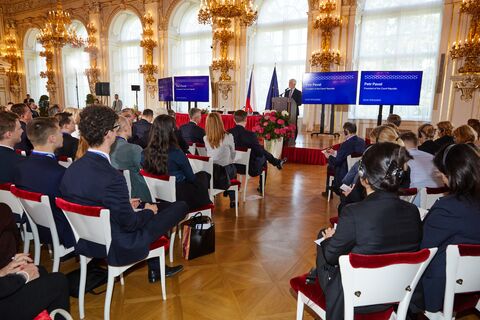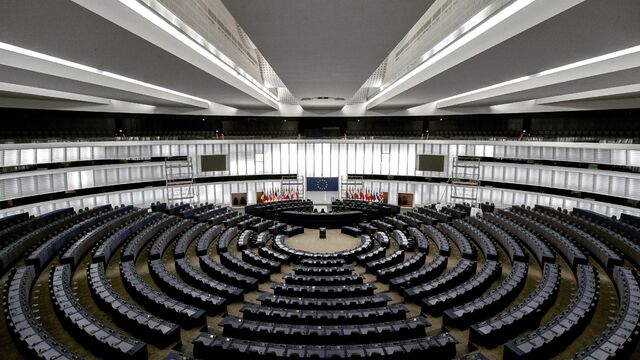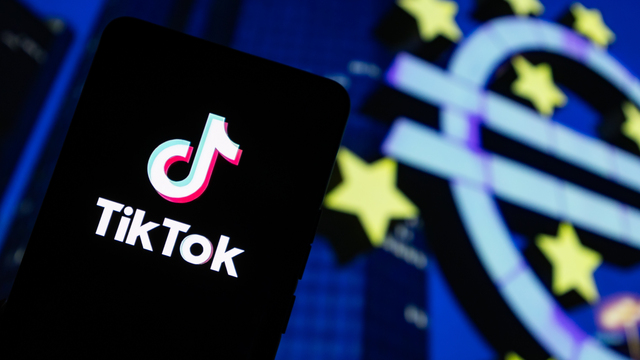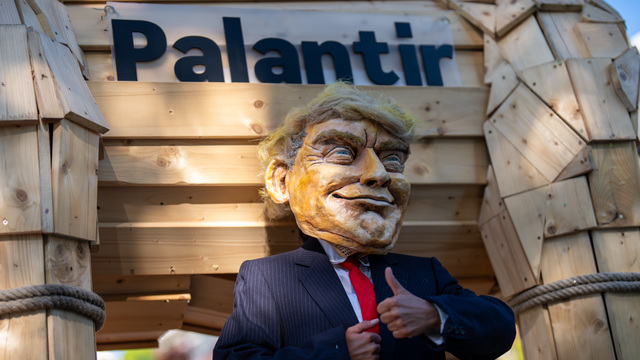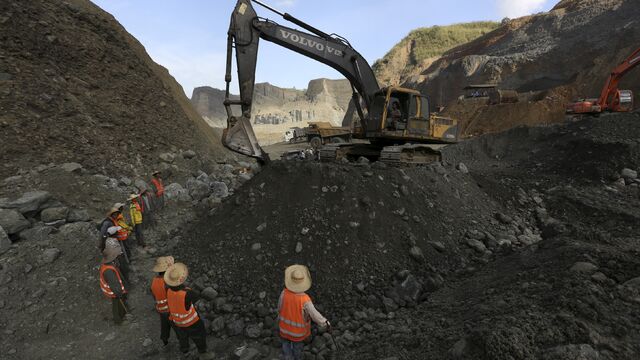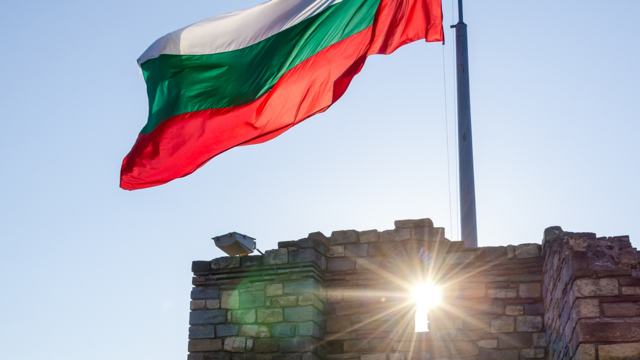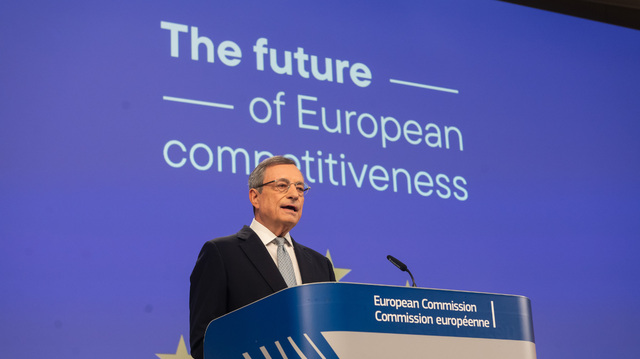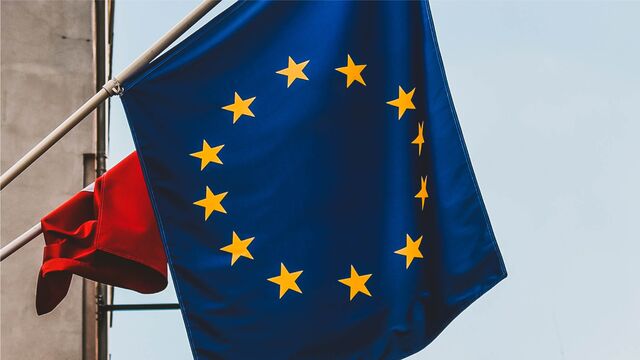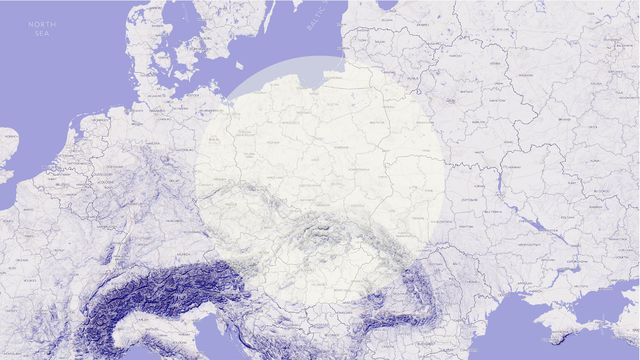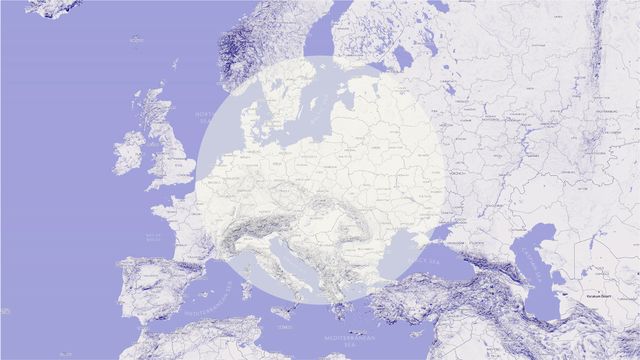From Security to Competitiveness: “Europe as a Task” brought the EU Debate to Prague
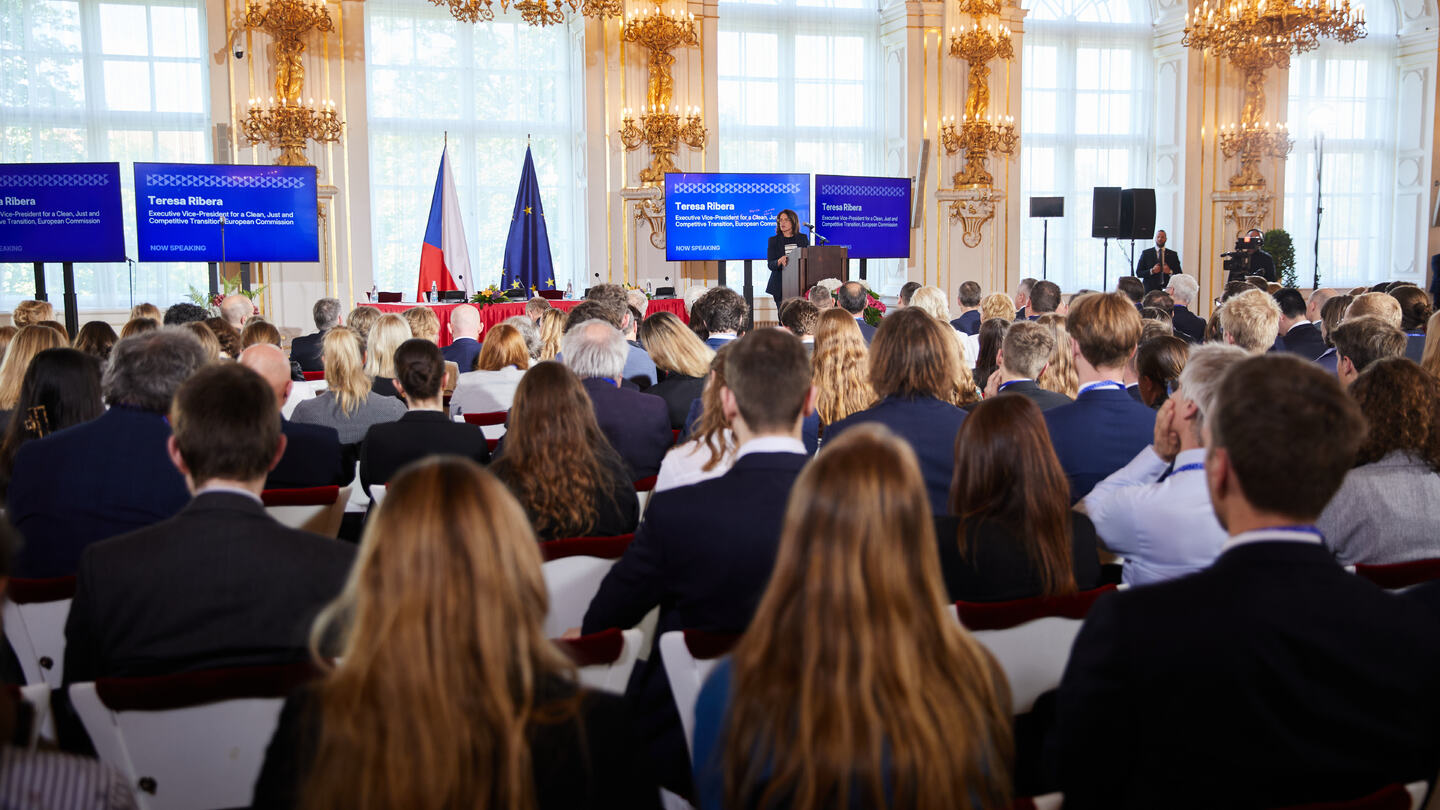
The two-day conference Europe as a Task was inaugurated at Prague Castle, focusing on key topics in European politics, security, competitiveness, and the future of the European Union. The event provided a platform for discussing Europe’s role in a changing world, with the opening ceremony taking place in the prestigious Spanish Hall of Prague Castle.
The conference was opened by the President of the Czech Republic, Petr Pavel, who called for stronger European cooperation in the defence industry and increased investment in infrastructure and mobility. He also stressed the importance of reducing unnecessary bureaucracy and creating more favourable conditions for entrepreneurs to ensure Europe’s global competitiveness. “Europe is not a finished project. It is a task that requires the determination to constantly propose ways to improve things,” remarked President Pavel.
He was joined by Sauli Niinistö, Special Adviser to the President of the European Commission and former President of Finland, who highlighted the necessity of unified European security. Teresa Ribera, Executive Vice-President of the European Commission for a Clean, Just, and Competitive Transition, also spoke, underlining the strong link between security and economic stability.
This year’s edition carried the subtitle Pursuing prosperity in the shifting world and addressed current challenges in European policy, such as Europe’s geopolitical influence, security strategies, trade policy, and competitiveness. The discussions also covered the EU enlargement process and its reform in the context of global developments.
The first panel, featured contributions from Anders Ahnlid, Director General of the National Board of Trade Sweden; Vessela Tcherneva, Deputy Director of the European Council on Foreign Relations; Luuk van Middelaar, Director of the Brussels Institute for Geopolitics; and Jozef Síkela, European Commissioner for International Partnerships. The panel centred on European prosperity in light of current security and economic challenges. Vessela Tcherneva stressed that Europe's resilience depends on unity and warned of a weakening transatlantic relationship, while Jozef Síkela highlighted the importance of stability and mutual benefit over short-term, unilateral responses. The discussion called for strategic use of the EU’s internal market and a proactive European role in shaping global economic rules.
Europe as a Task concluded with the working part of the conference held at the Czernin Palace. The programme started with a keynote speech from Czech Minister of Foreign Affairs Jan Lipavský, who underlined the urgency of European responsibility in the face of growing global instability. “We are entering a time of profound transformation. Defence is no longer a choice. Europeans must assume full responsibility for their security. The stakes are too high for paralysis,” Minister Lipavský emphasised.
The conference continued with a range of discussions in fishbowl and roundtable formats. One of the highlights was a high-level panel discussion with former Vice-President for Values and Transparency of the European Commission Věra Jourová and Luuk van Middelaar, Director of the Brussels Institute for Geopolitics, who addressed the question of Europe’s strategic direction in the post-Transatlantic era. Jourová urged greater civic engagement and democratic confidence: “We must be subjects of change—not merely its objects. ‘Who is Europe?’ It is all of us who want to live in a prosperous region.”
The day’s panel discussions, featuring both Czech and international experts, also addressed key issues such as European defence, the reconstruction of Ukraine, the enforcement of sanctions, and strategies for navigating the EU’s decisions in an increasingly uncertain world.
The event concluded with a debate among young leaders, who shared their visions for the future of Europe and the role of the next generation in shaping it.
The event was organised by the Institute of International Relations, the Association for International Affairs (AMO), and the EUROPEUM Institute for European Policy, in cooperation with the Office of the President of the Republic, the Ministry of Foreign Affairs of the Czech Republic, the Representation of the European Commission in the Czech Republic, the Hanns Seidel Foundation, the Office of the Government of the Czech Republic, and the International Visegrad Fund. The conference was held under the auspices of the Office of the President of the Republic, the Ministry of Industry and Trade, and the Minister for European Affairs, Martin Dvořák, and was co-funded by the European Union.
